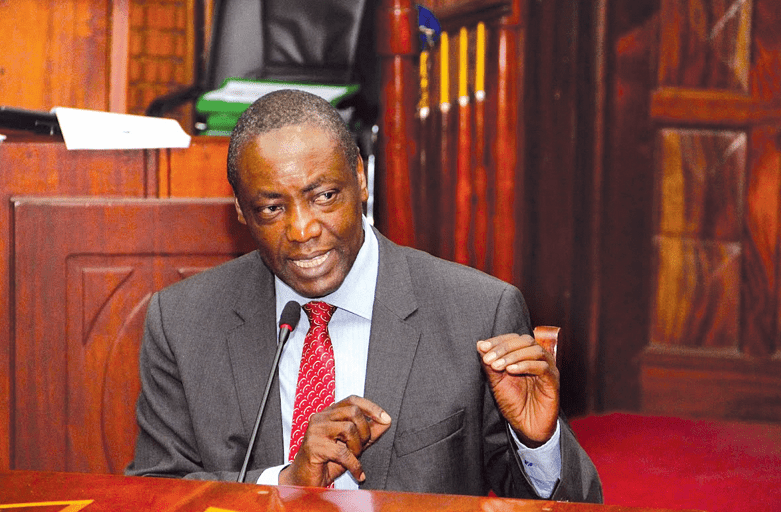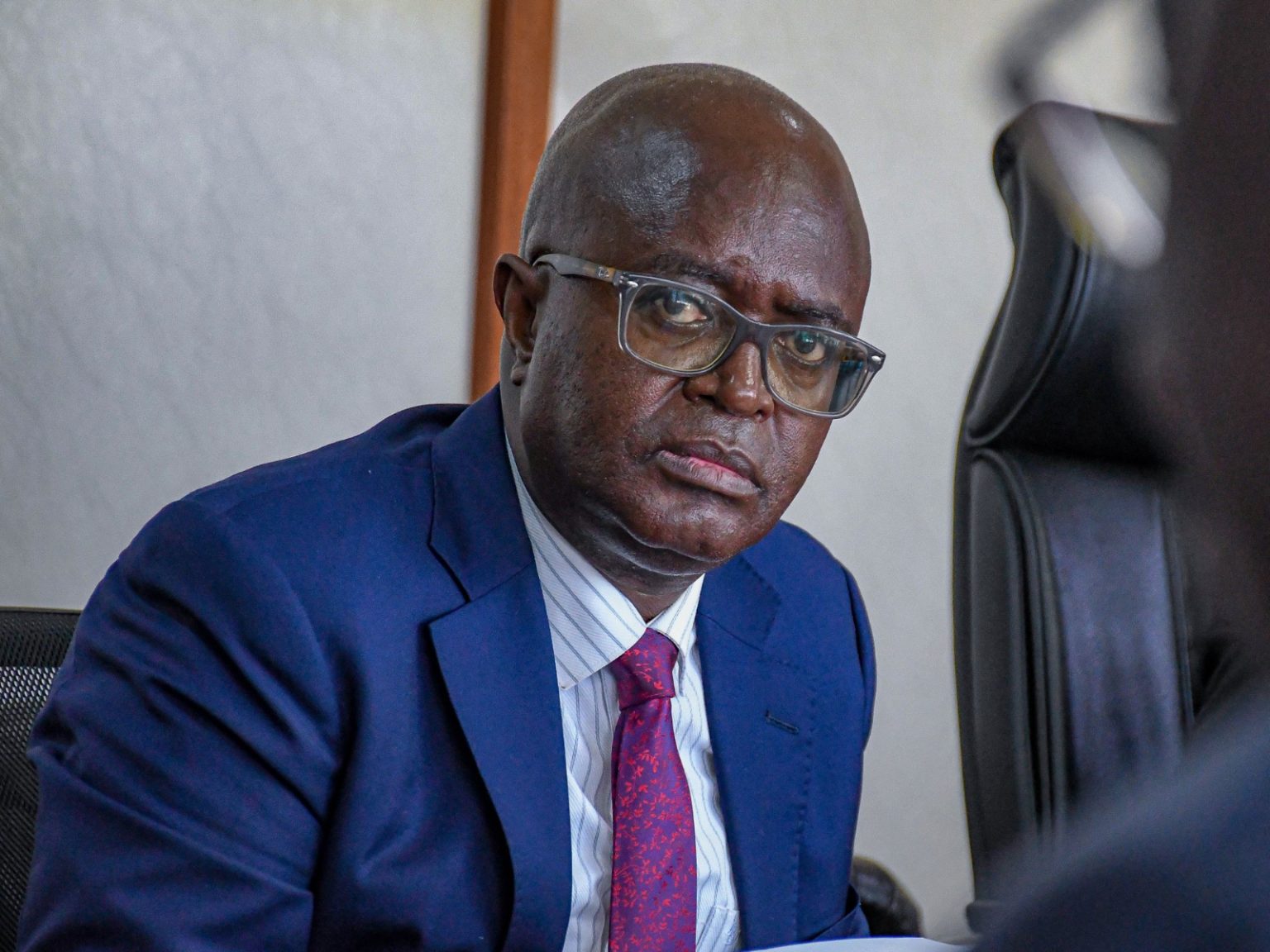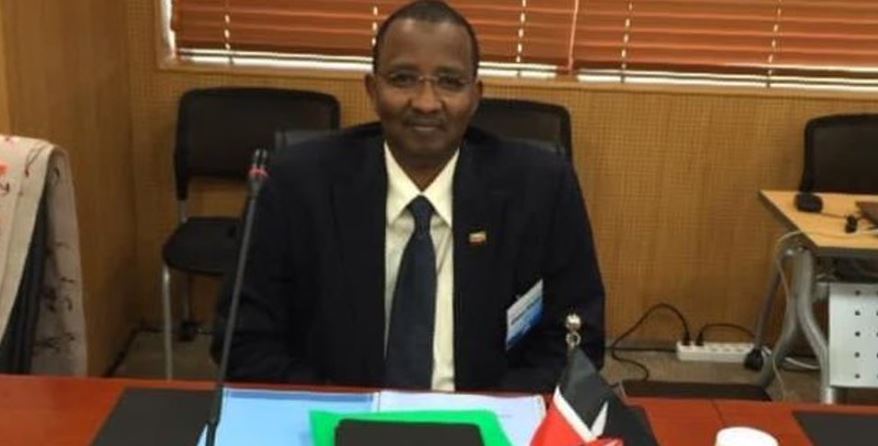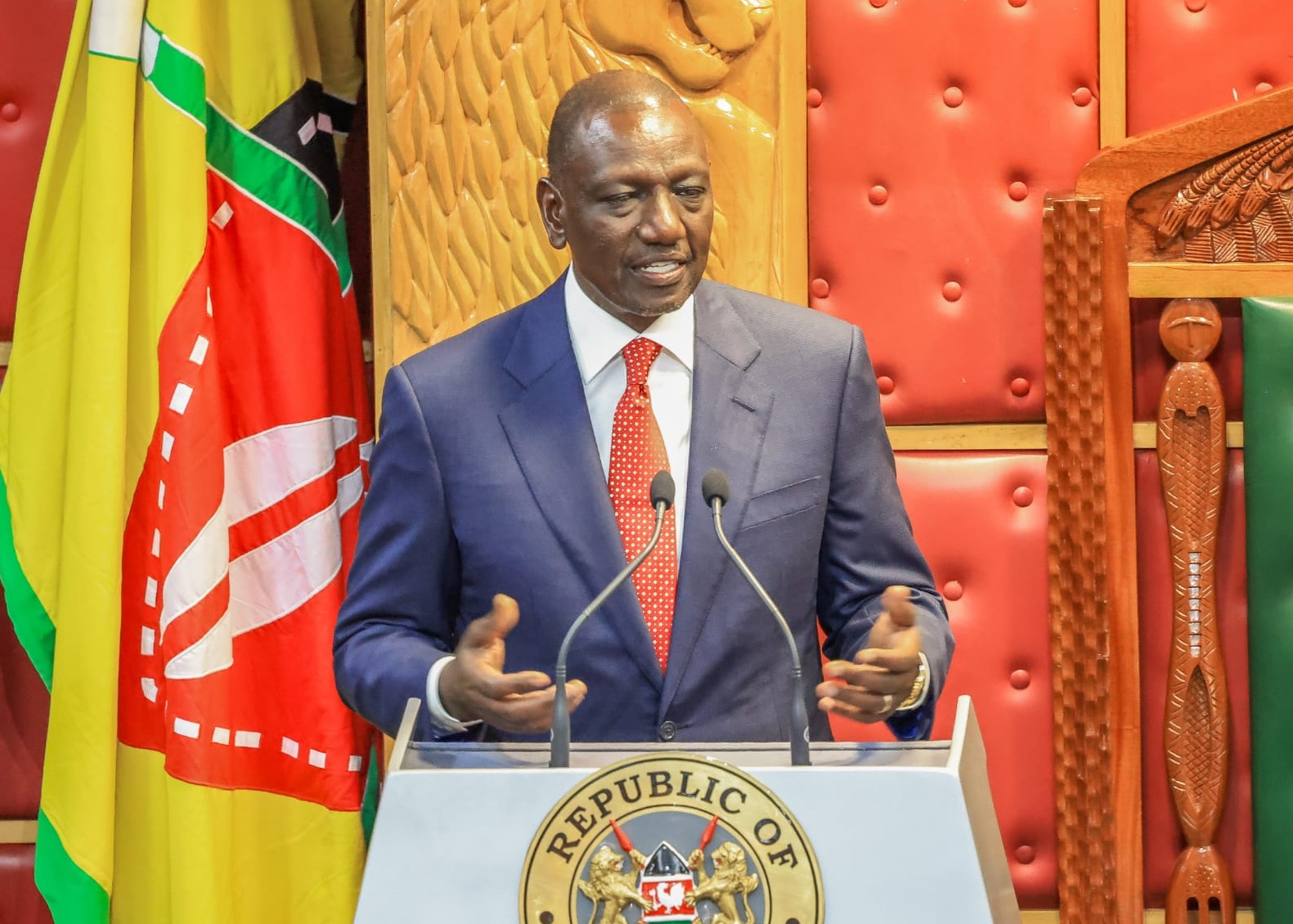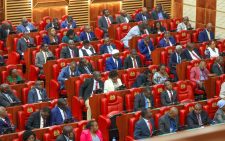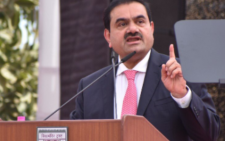Qualified Kenyans will soon get a chance to apply for top jobs on independent commissions as the terms of those now serving expire this year.
Although the law is not clear on the timelines for recruiting commissioners, lobbying is said to have started in earnest for the anticipated vacancies.
Day-to-day operations at some independent offices and commissions could also grind to a halt after the terms of the current commissioners expire.
Already, the tenure of chairs and commissioners of the Salaries and Remuneration Commission (SRC), the Commission of Administration of Justice (Ombudsman), the Gender and Equality Commission (GEC) and the Independent Policing Oversight Authority have expired (IPOA).
Chairpersons whose terms have ended include Lyn Mengich (SRC), Anne Makori (IPOA), Joyce Mutinda (GEC) and Florence Kajuju (Ombudsman).
President William Ruto could use the positions to reward some of his allies still languishing without jobs two years into his presidency.
The term of commissioners of the National Land Commission (NLC) expires next week, and if he is not replaced on time, operations at the agency could stall as they are mandated to operate full-time.
The issue of delayed appointments of commissioners has been a thorny one and almost generated a constitutional crisis when the term of Edward Ouko as Auditor General expired.
It prompted demands from MPs to amend the law to open the window for hiring the Auditor General six months before the term of the sitting one expires.
Lack of clear guidelines on when to recruit commissioners has greatly affected operations at independent offices
The Independent Electoral and Boundaries Commission (IEBC) has also been hampered by confusion sparked by a lack of procedures on when commissioners should be recruited.
Speaking at State House, Nairobi, when he received end-of-term reports from officials of constitutional commissions whose tenure had expired, President Ruto said he was aware that at some institutions, the terms of all commissioners expire at the same time.
“I am aware that in certain commissions, like the Salaries and Remuneration Commission and the Commission on Administrative Justice, the terms of office for the chairperson and all the commissioners expire at the same time, leaving the organisations in a state of suspense,” he said.
In such instances, he said, it is essential that services are not interrupted and especially during instances of delayed recruitment.
The President said pragmatic options such as staggered recruitment of commissioners should be considered to achieve a degree of continuity.
“The Office of the Deputy President, in close consultation with the Attorney-General and the constitutional commissions and independent offices, will be tasked with preparing a bill to give effect to the legal provisions for staggered recruitment of commissioners,” he said.
The government will ensure transparent recruitment of commissioners for the positions that are due to become vacant at constitutional commissions, President Ruto has said.
Hiring for such positions, he said, must demonstrate true fidelity to the rule of law.
The goal of the campaign, he added, was to strengthen accountability, openness, integrity and good governance in the public service by promoting prudent use and management of public resources.
“I believe that constitutional commissions have an opportunity to promote this approach in government ministries, departments and agencies,” the President said.
It is because of this gap in the law that Kimilili MP Didmus Barasa has proposed an amendment bill to have commissioners of the SRC and the Commission on Revenue Allocation (CRA) operate part-time.
“There exists a very serious problem when commissioners who are full-time retire or have their terms expire without proper guidelines in place as to when they should be replaced,” he said.
Addressing journalists at his Kimilili home, Barasa said he presented a motion on the floor of the House that sought to repeal the SRC and CRA Acts to make the two commissions operate part-time to save money.
“All commissions in Kenya should operate on part-time basis. I say so because if you look at the mandate of SRC they have two roles – to review the salaries that are paid to public servants and issue [advisories] on allowances,” Barasa said.
He said staff at the two commissions should not be at work from Monday to Friday, arguing that there should not be two entities in the same institutions that are competing and have a full-time secretariat and commission.
But he noted that commissioners must operate in the same way boards of institutions do – only meeting and discussing the subject matter on the table once a month or when it is necessary.
“The role of the commissioners is to decide policies and you cannot be deciding policies every day,” he said.
“Policies are decided within a particular time frame. The people who should be operating on a daily basis are the people who are implementing and engaging in the right running of the affairs of the commissions and entities.”
He added: “Going forward, we need to have a conversation around some commissions in this country that we even do not require.”
Barasa also supported the ongoing teachers’ strike, stating that every Kenyan, whether working for the government or private entities, needs to be paid a salary that is in line with the cost of living [and] the changing economic times.
“My humble plea to both the secretaries general of Knut and Kuppet is that let them consider giving dialogue a chance so that the teachers’ strike is solved amicably without paralysing learning,” he added.

